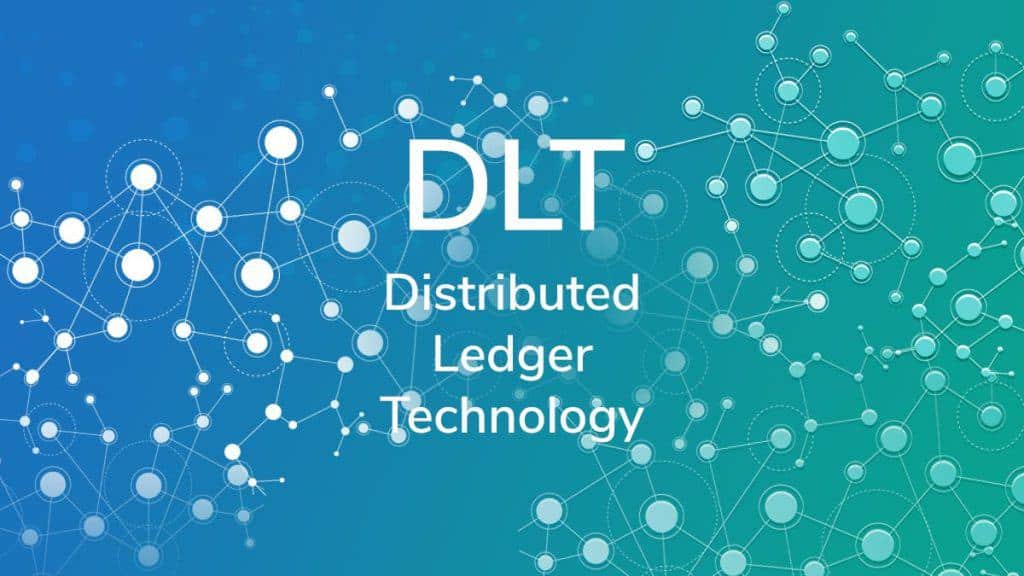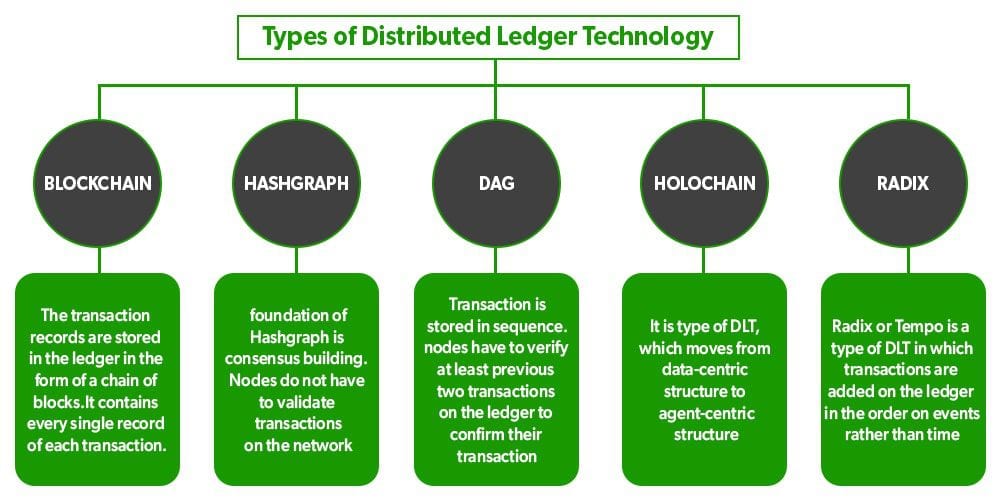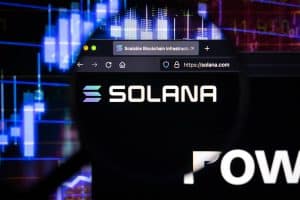Distributed Ledger Technology


What is Distributed Ledger Technology?
Distributed ledger technology relates to the protocols and other infrastructure that enable computers situated at various places to submit and approve transactions in a synchronized manner across a network. Businesses that have offices or branches over a country or between countries use these ledgers and in contrast, a system administrator usually handles the essential tasks required to preserve consistency amongst the several copies of the ledger in a traditional distributed database. Keeping a master copy of the ledger that is updated on a regular basis and sent to all network users is the easiest method to do this, this may be done by the system administrator.

Understanding of Distributed Ledger Technology
In a growing range of industries, distributed ledger technology offers to the users transactions that are safer, quicker, and less expensive. According to the European Commission, DLT is a ground-breaking technology that is essential to country’s competitiveness. The most well-known DLT is blockchain, but there are many others that are joining the rapidly expanding list of cryptocurrencies, digital assets, and tokens. They do more than just expand the range of financing options accessible to small enterprises, they also produce plenty of additional benefits that are mostly based on crowdsourcing techniques and have become popular in alternative finance.
The finance industry may become more dependable, powerful, and efficient with the use of distributed ledger technologies, because it may be used to enhance aspects of the financial industry, including cross-border payments and transaction processing without the need for third parties. It can assist in bringing money into the regular reach of the people who still don’t use banks. Distributed ledger technology may also be used to improve common procedures in a number of other industries, including manufacturing, sustainable energy, and government finance systems.
Latest news about Distributed Ledger Technology
- A report from the Global Financial Markets Association (GFMA) suggests that distributed ledger technology (DLT) could save $100 billion a year or more in traditional markets. The report, backed by Boston Consulting Group and other industry experts, suggests that DLT could reduce collateral processes in derivatives and lending markets by $100 billion and overheads by $20 billion annually using smart contracts for clearing and settlements. The tech’s impact is most significant in clearing and settlements, followed by custody and asset servicing. However, DLT’s potential in primary markets and secondary trading is still under consideration. The global market for tokenized blockchain-based assets could reach $5 trillion by 2030.
- Sony PlayStation has filed a patent for using blockchain technology and NFTs to track in-game assets, including items, characters, and digital media. The patent, titled “Tracking Unique In-Game Digital Assets Using Tokens on a Distributed Ledger,” aims to create, modify, and transfer tokens created within a game or developed on a game’s system through a distributed ledger. However, Sony has distanced itself from NFTs, which have mixed reputations in the gaming world.
Latest Social posts about Distributed Ledger Technology
Disclaimer
In line with the Trust Project guidelines, please note that the information provided on this page is not intended to be and should not be interpreted as legal, tax, investment, financial, or any other form of advice. It is important to only invest what you can afford to lose and to seek independent financial advice if you have any doubts. For further information, we suggest referring to the terms and conditions as well as the help and support pages provided by the issuer or advertiser. MetaversePost is committed to accurate, unbiased reporting, but market conditions are subject to change without notice.
About The Author
Viktoriia is a marketing researcher and copywriter with a background in international relations. Her professional portfolio includes the writing of research papers focused on the import and export of products to Europe and Asia. Proficiency in the Chinese language and the time she has spent in China have extended her capabilities to master not only European markets but also those in China and Singapore. While currently living in Italy, Viktoriia continues to deepen her knowledge and skills in marketing and copywriting. Her experience allows her to perform analytical work and create texts on a diverse range of topics, ensuring accessibility to a broad audience.
More articles

Viktoriia is a marketing researcher and copywriter with a background in international relations. Her professional portfolio includes the writing of research papers focused on the import and export of products to Europe and Asia. Proficiency in the Chinese language and the time she has spent in China have extended her capabilities to master not only European markets but also those in China and Singapore. While currently living in Italy, Viktoriia continues to deepen her knowledge and skills in marketing and copywriting. Her experience allows her to perform analytical work and create texts on a diverse range of topics, ensuring accessibility to a broad audience.






















































